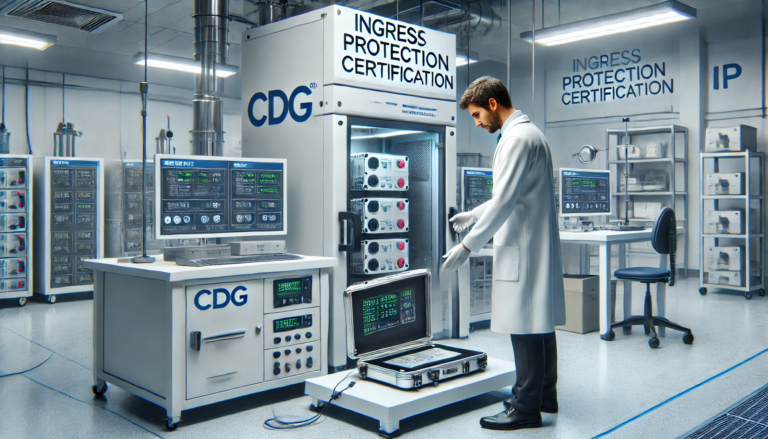In today’s technology-driven world, the durability and reliability of electronic devices and machinery are paramount. Consumers and businesses alike seek assurance that their products can withstand the rigors of daily use, especially in challenging environments. This is where Ingress Protection (IP) certification comes into play. But how does this certification impact product warranties? Let’s explore this relationship and understand why IP certification is a crucial factor in ensuring the longevity and reliability of your products.
What is Ingress Protection (IP) Certification?
Ingress Protection (IP) certification is a standardized measure of how well an electrical enclosure protects its contents against solid objects and liquids. This system, defined by the international standard IEC 60529, uses a two-digit code to indicate the level of protection:
The first digit represents protection against solid objects like dust.
The second digit denotes protection against liquids such as water.
For example, an IP68 rating means that a product is completely dust-tight and can withstand continuous immersion in water beyond 1 meter.
The Importance of IP Certification for Product Warranties
1. Ensuring Product Longevity:
An IP-certified product is built to endure environmental challenges, extending its operational lifespan. For instance, a smartphone with an IP67 rating can be submerged in water for a limited time without suffering damage. This durability directly affects the product’s longevity, reducing the likelihood of malfunction or failure that could necessitate warranty claims.
2. Reducing Warranty Claims:
Products with robust IP ratings are less prone to damage from dust, moisture, or other environmental factors. This reduces the number of warranty claims related to environmental wear and tear. For manufacturers, this means fewer returns and repair requests, leading to cost savings and improved customer satisfaction.
3. Building Consumer Trust:
A strong IP rating can enhance consumer confidence in a product’s reliability. When customers see that a product is IP-certified, they are more likely to trust that it will perform as expected in challenging conditions. This trust can translate into fewer warranty-related disputes and a more positive brand reputation.
4. Compliance with Industry Standards:
In many industries, IP certification is not just a recommendation but a requirement. For instance, in the automotive and aerospace sectors, components must meet specific IP ratings to ensure safety and functionality. Compliance with these standards helps manufacturers avoid legal issues and warranty disputes.
5. Impact on Warranty Terms:
Products with higher IP ratings might come with extended warranty terms as a testament to their durability. Manufacturers may offer longer warranties for products that can demonstrate superior protection against environmental factors, providing customers with added peace of mind.
Practical Tips for Leveraging IP Certification in Your Warranty Strategy
Highlight IP Ratings in Marketing: Clearly communicate your product’s IP rating in your marketing materials and product descriptions. This transparency helps manage customer expectations and reinforces the value of your warranty.
Train Your Support Teams: Ensure that your customer support teams understand the significance of IP ratings and how they relate to product warranties. This knowledge will help them address customer inquiries and issues more effectively.
Regularly Test and Verify: Conduct regular testing to maintain the accuracy of your IP ratings. Ensure that any changes in product design or materials do not compromise the certification.
Incorporate IP Ratings into Warranty Agreements: If applicable, include specific references to IP ratings in your warranty agreements. This clarity will help customers understand the scope of coverage related to environmental protection.
Ingress Protection certification is more than just a technical specification; it plays a critical role in shaping product warranties and customer satisfaction. By ensuring that your products are well-protected against environmental factors, you can enhance their durability, reduce warranty claims, and build greater consumer trust. For manufacturers and consumers alike, understanding and leveraging IP certification is key to achieving long-term reliability and success.


